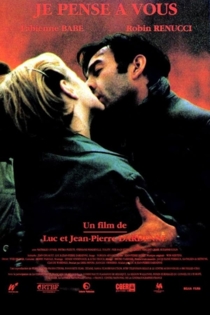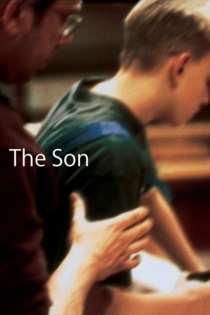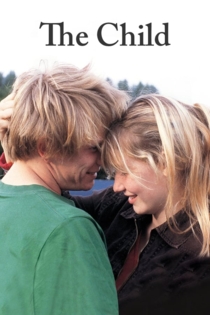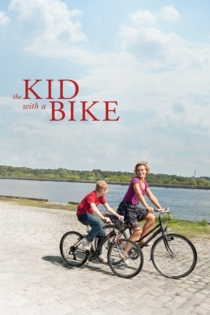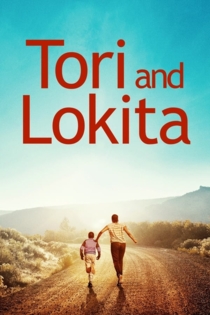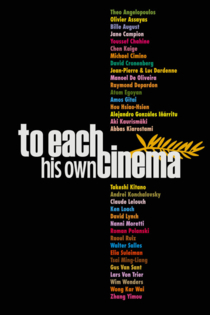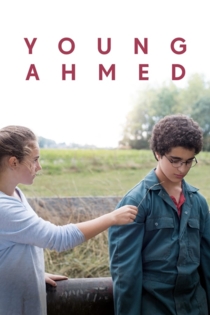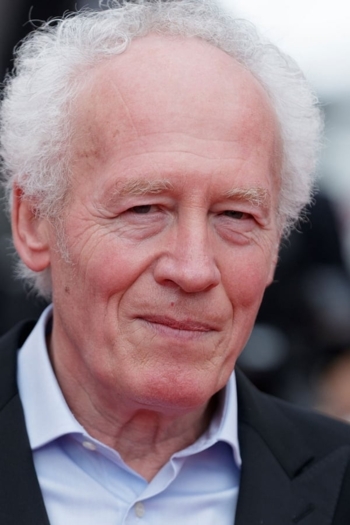
Jean-Pierre Dardenne
1951 (74 года)The Dardennes began making narrative and documentary films in the late 1970s. They came to international attention in the mid-1990s with La Promesse (The Promise). They won their first major international film prize when Rosetta won the Palme d'Or at the 1999 Cannes Film Festival. Their work tends to reflect left-wing themes and points-of-view.
In 2002, Olivier Gourmet won Best Actor at Cannes for the Dardennes' Le Fils (The Son). In 2005, they won the Palme d'Or a second time for their film L'Enfant (The Child), putting them in an elite club, at the time, of only seven. Their film, Le Silence de Lorna (Lorna's Silence), won Best Screenplay at the 2008 Cannes Film Festival and was released in Europe in the fall. Their film The Kid with a Bike won the Grand Prix at the 2011 Cannes Film Festival, received one Golden Globe nomination and eight Magritte Award nominations. Jean-Pierre was the jury president for the Cinéfoundation and Short Films sections of the 2012 Cannes Film Festival. In 2015, their film Deux jours, une nuit (Two Days, One Night) received nine Magritte Award nominations (winning three) and one Academy Award nomination for Best Actress for Marion Cotillard. Their 2019 feature Young Ahmed won them the Best Director Award at the 2019 Cannes Film Festival. Their 2022 film Tori and Lokita won the 75th Anniversary Prize at the 2022 Cannes Film Festival.
Creators of intensely naturalistic films about working class life in Belgium, brothers Luc and Jean-Pierre Dardenne have created a notable body of work since 1996. With La Promesse (The Promise) (1996), Rosetta (1999), Le Fils (The Son) (2002), and L'Enfant (The Child) (2005), the Dardennes' films show young people at the fringes of society – immigrants, the unemployed, the inhabitants of shelters. Both Rosetta and L'Enfant were awarded the Palme d'Or at the Cannes Film Festival, the only two Belgian films ever to earn the honor.
The Dardennes were born and raised in Seraing in Liege, in Wallonia, the French-speaking region of Belgium. Jean-Pierre (born in 1951) studied drama while Luc (born three years later) studied philosophy. In 1975 they established Derives, the production company that produced the roughly sixty documentary films they made before branching into feature films. These films covered such topics as Polish immigration, World War II resistance, a general strike in 1960. Their first two feature films, however, are rarely seen today: Falsch (1987) adapted from René Kalisky, featuring Bruno Cremer and Je pense a vous (1992). The Dardennes had their first international success with La Promesse (The Promise) in 1996. ...
Source: Article "Dardenne brothers" from Wikipedia in English, licensed under CC-BY-SA 3.0.
La Promesse
Jean-Pierre Dardenne, Luc Dardenne
Jérémie Renier, Olivier Gourmet
Igor, aged 15, and his father Roger deal in housing and peddling illicit labor in the outlying districts of Liege, Belgium. Scams, lies and swindling rule their lives. When one of his father’s illegal workers gets injured on the job and asks Igor to promise to take care of his wife and baby, Igor finds himself at a crossroad. He wants to keep the promise, but the price would be to betray his father.
La Promesse
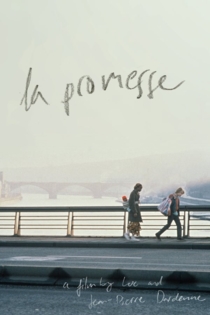
Two Days, One Night
Jean-Pierre Dardenne, Luc Dardenne
Marion Cotillard, Fabrizio Rongione
Sandra is a young woman who has only one weekend to convince her colleagues they must give up their bonuses in order for her to keep her job — not an easy task in this economy.
Two Days, One Night
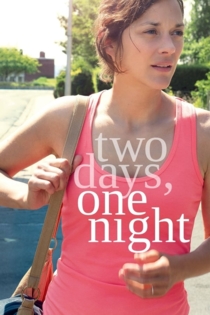
Lorna's Silence
Jean-Pierre Dardenne, Luc Dardenne
Arta Dobroshi, Jérémie Renier
Lorna is a young Albanian woman in a marriage of convenience with Claudy, a heroin addict. Just as Lorna is about to be granted Belgian citizenship, Claudy finds the strength to detox; this presents a problem not only for Lorna, but for the criminal who brokered the deal.
Lorna's Silence
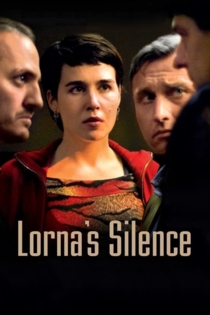
Chaplin Today: Modern Times
Philippe Truffault
Jean-Pierre Dardenne, Luc Dardenne
Award-winning filmmakers Jean-Pierre and Luc Dardenne profess their love for the classic "Modern Times." The directors expose their views on the many aspects of the film, Chaplin's brilliancy and they also provide interesting details about the making of Chaplin's masterpiece.
Chaplin Today: 'Modern Times'

French Cinema Mon Amour
Damien Cabrespines, Ann-Solen Douguet
Jean-Pierre Dardenne, Luc Dardenne
French Cinema Mon Amour is an ensemble film in which each contributor brings their own voice, their own particular approach, their culture, and their language to produce a portrait of French cinema.
French Cinema Mon Amour
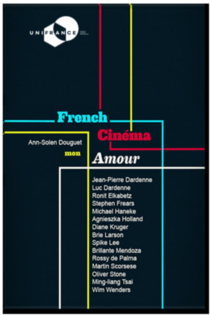
Bergmans video
Hynek Pallas, Jane Magnusson
Tomas Alfredson, Woody Allen
In the sixties, Swedish filmmaker Ingmar Bergman (1918-2007) built a house on the remote island of Fårö, located in the Baltic Sea, left Stockholm and went to live there. When he died, the house was preserved. A group of very special cinephiles, came from all over the world, travel to Fårö in search of the genius and his legacy. (Released in 2013, edited and abridged, as Trespassing Bergman.)
Bergmans video
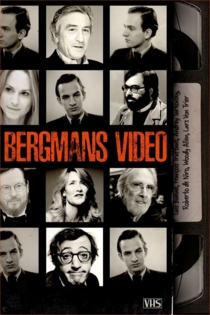
The Unknown Girl
Jean-Pierre Dardenne, Luc Dardenne
Adèle Haenel, Olivier Bonnaud
Jenny, a young doctor who feels guilty after a young woman she refused to see winds up dead a few days later, decides to find out who the girl was, after the police can't identify the young woman.
The Unknown Girl

Leçons d'une université volante
Jean-Pierre Dardenne, Luc Dardenne
After the implementation of the state of siege in Poland and the banning of the independent trade union Solidarnosc in 1981, the Dardenne brothers visited five Polish immigrants from different generations. Five Poles who left the country, fleeing the Nazis, pogroms or communism.
Lessons from a University on the Fly
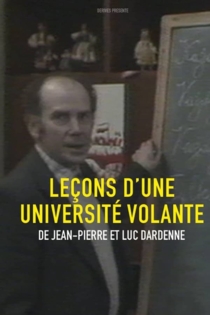
Je pense à vous
Jean-Pierre Dardenne, Luc Dardenne
Robin Renucci, Fabienne Babe
Belgium, 1980. On the banks of the Meuse river, against the background of a steel-producing city, factories close down one after another and lay off workers. One of those made redundant is Fabrice, who, at thirty-five, is proud of his trade, rendered mythical by fire and steel, but feels he has become useless. His wife, Céline, tries to renew his interest in life. Despite a few moments of rediscovered happiness, Fabrice remains trapped in his confusion and one day disappears. Céline, her intense love leading the way, goes looking for him and eventually finds him. Once again, she tries to save him from himself. Can love resuscitate a languishing man? That is Céline's wager.
Thinking of You
